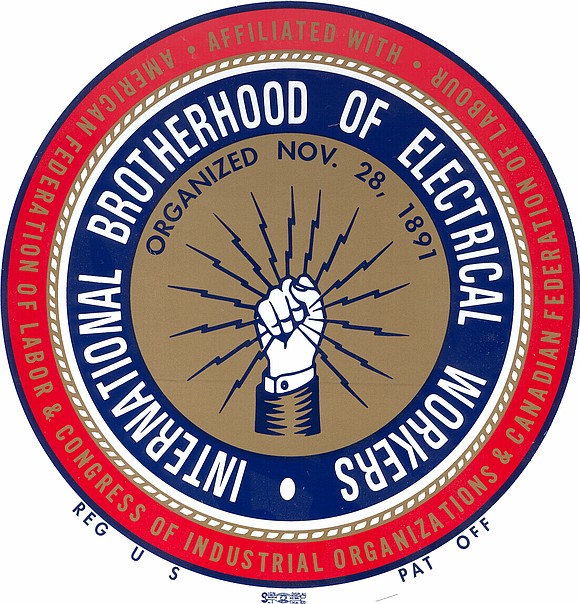Business Manager Tony Sapienza
Consumer-Owned Electric Utility Proposed for Maine; Union Contracts to be Protected
January 28, 2019 - At a news conference at the Maine State House, Rep. Seth Berry, House Chair of the Energy and Utilities Committee, announced that he was submitting legislation to form a new consumer-owned utility.
The Maine Power Delivery Authority would not be run by the state and would not be financed by tax dollars in any way. If enacted, Maine Power would acquire all transmission and distribution assets of Central Maine Power and Emera Maine, compensating them fairly. All IBEW 1837 members would continue to be covered under the terms of their collective bargaining agreements.
IBEW 1837 Business Manager Dick Rogers read the following statement at the news conference: "IBEW 1837 supports the consideration of any and all initiatives, including the proposed “Maine Power Delivery” bill, which would reposition Maine’s utilities for greater local control and better service at lower costs. IBEW 1837 believes that the current structure and workforce model, driven in large part due to the current utility ownership at CMP and Emera, has had a significant negative impact on all employees, and more importantly, the ratepayers in Maine. The union is committed to participating in the process to ensure that employees and ratepayers' interests are at the forefront of any proposed legislation. Our members and retirees have a wealth of experiences and knowledge and look forward to assisting in the development of any proposed legislation."
When questioned by a reporter, Rogers said that our represented lineworkers, clerks, customer service representatives and other workers have been struggling to maintain the quality of service that ratepayers deserve, in large part due to inadequate staffing. Rogers stopped short of endorsing the bill, saying that he needs to wait to see the final language in the legislation.
According to Rep. Berry, 1 in 7 Americans already get their power from consumer-owned electric utilities. Their average rates are 15% lower and power outages are half as long as with investor owned utilities. Rates are lower because of lower interest rates given to non-profits on capital expenditures and eliminating the need to funnel 10 - 13% of guaranteed profits to investors.
"Now is the time to control our energy destiny," Berry said. "We cannot afford to wait."
A number of businesses support the measure and bi-partisan support has been already been garnered for the proposed legislation. Other speakers at the news conference stated their belief that something has to be done to address the many issues affecting Maine ratepayers.
IBEW 1837 will closely monitor the legislation as it makes its way through the Energy and Utilities Committee to ensure that the needs of our members are met and that it is in the best interests of ratepayers.
